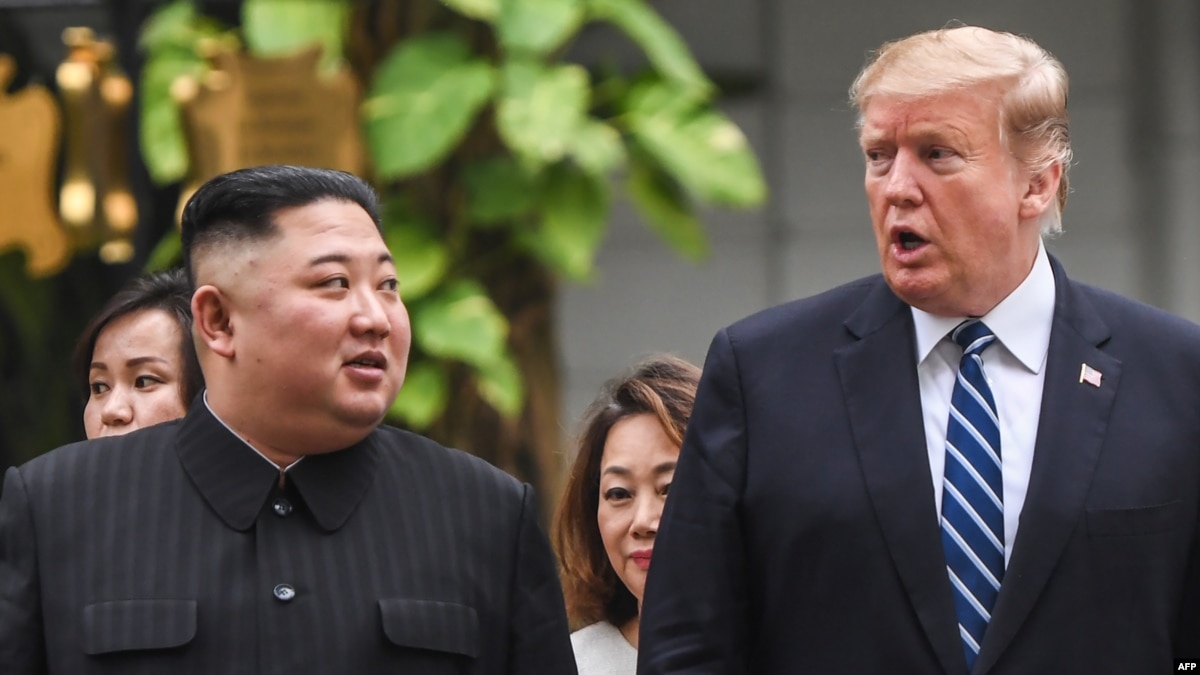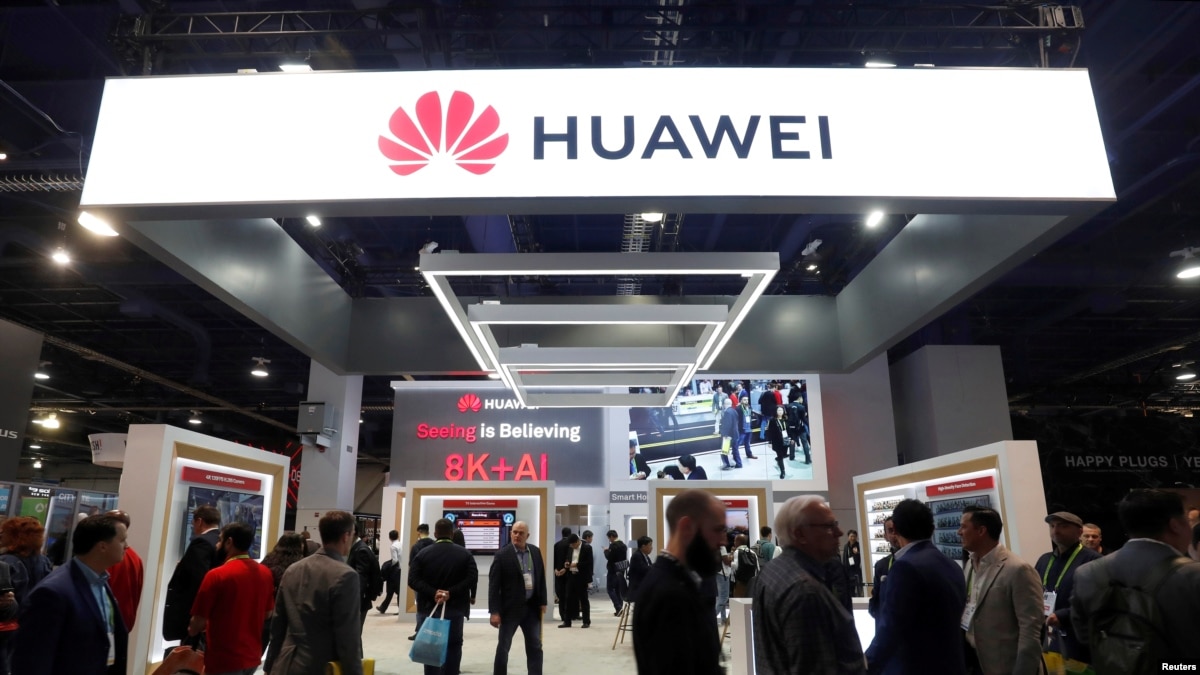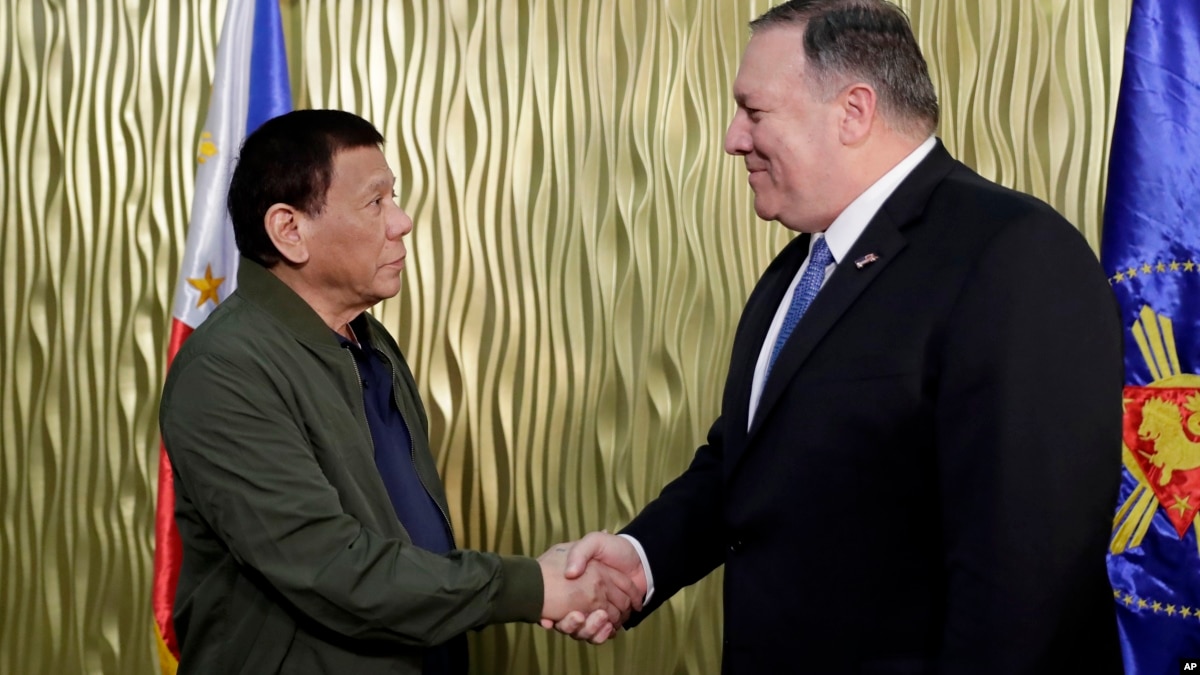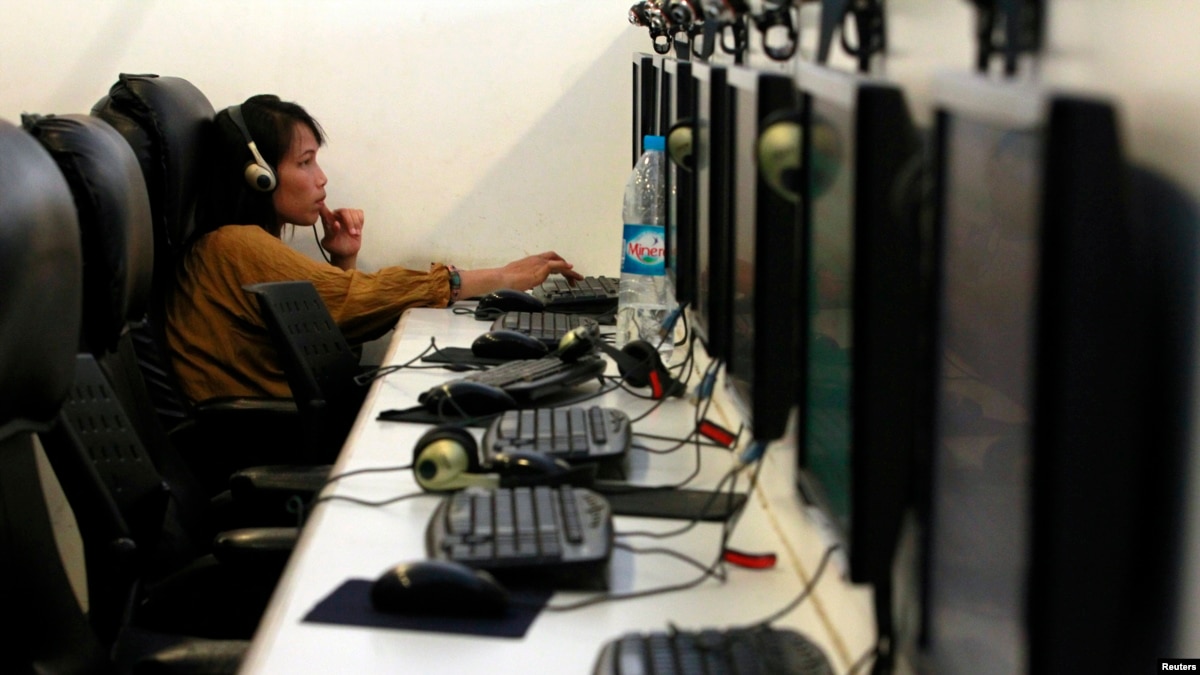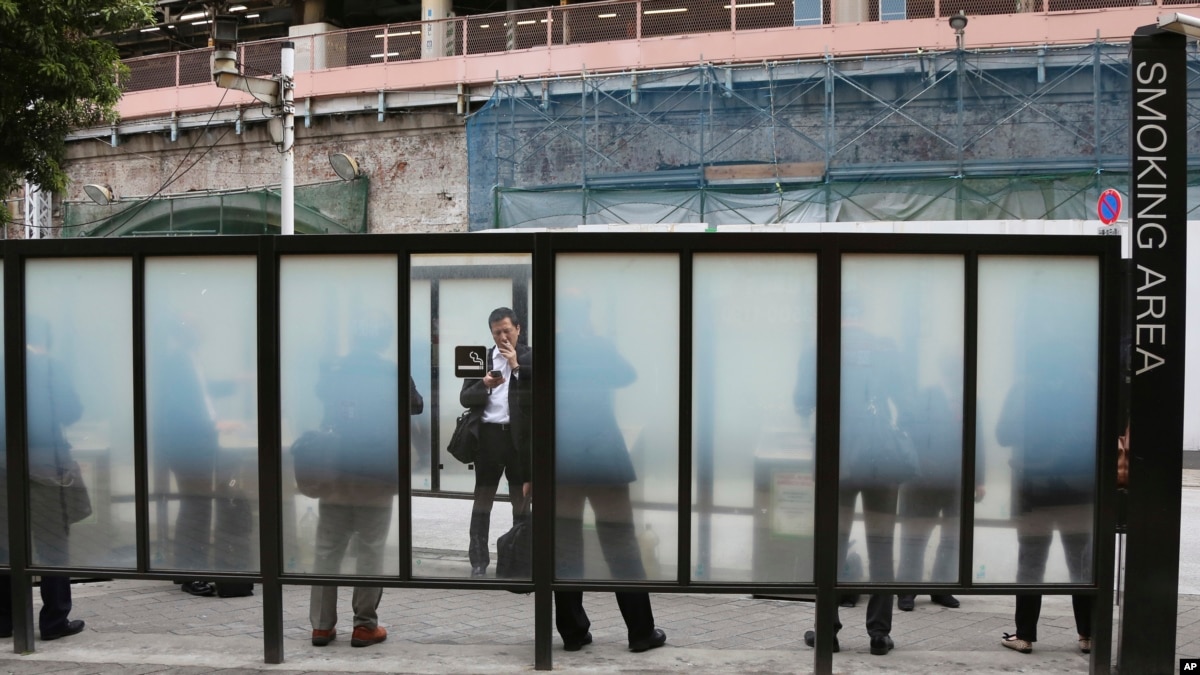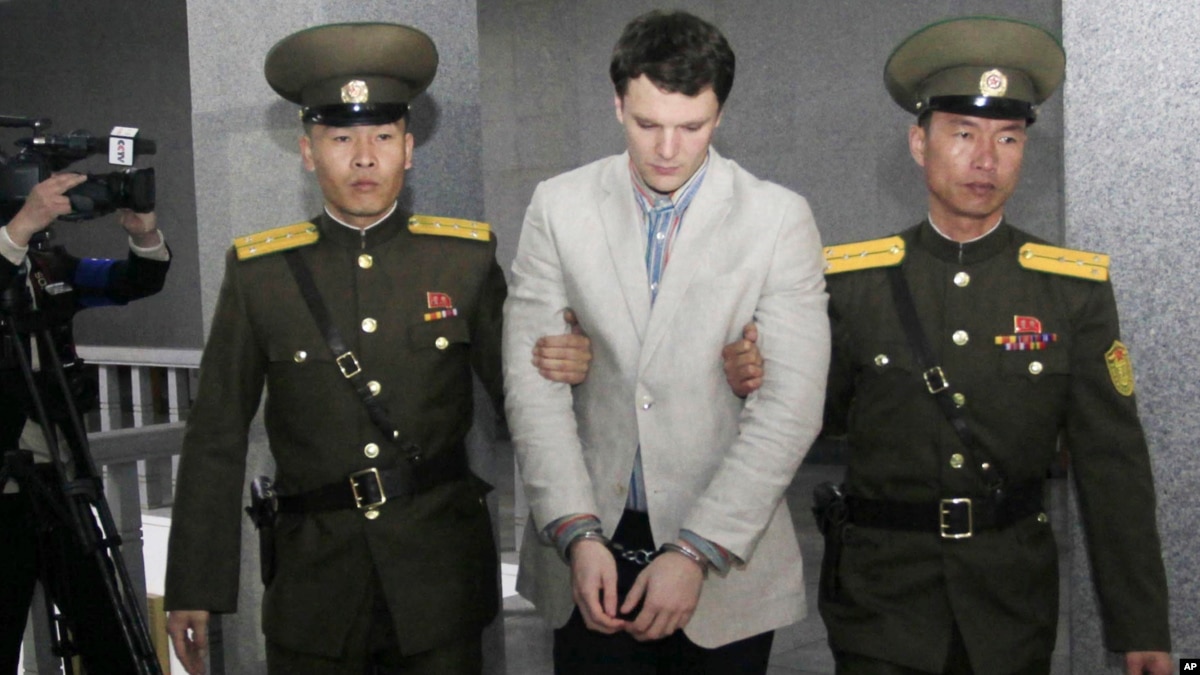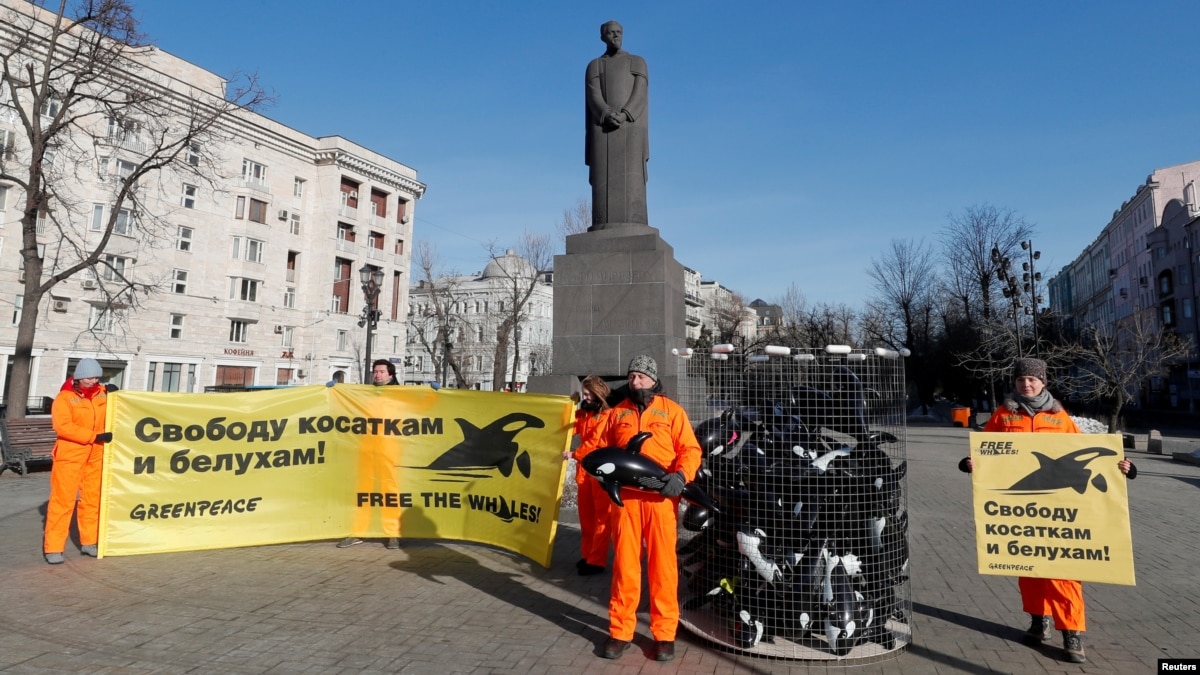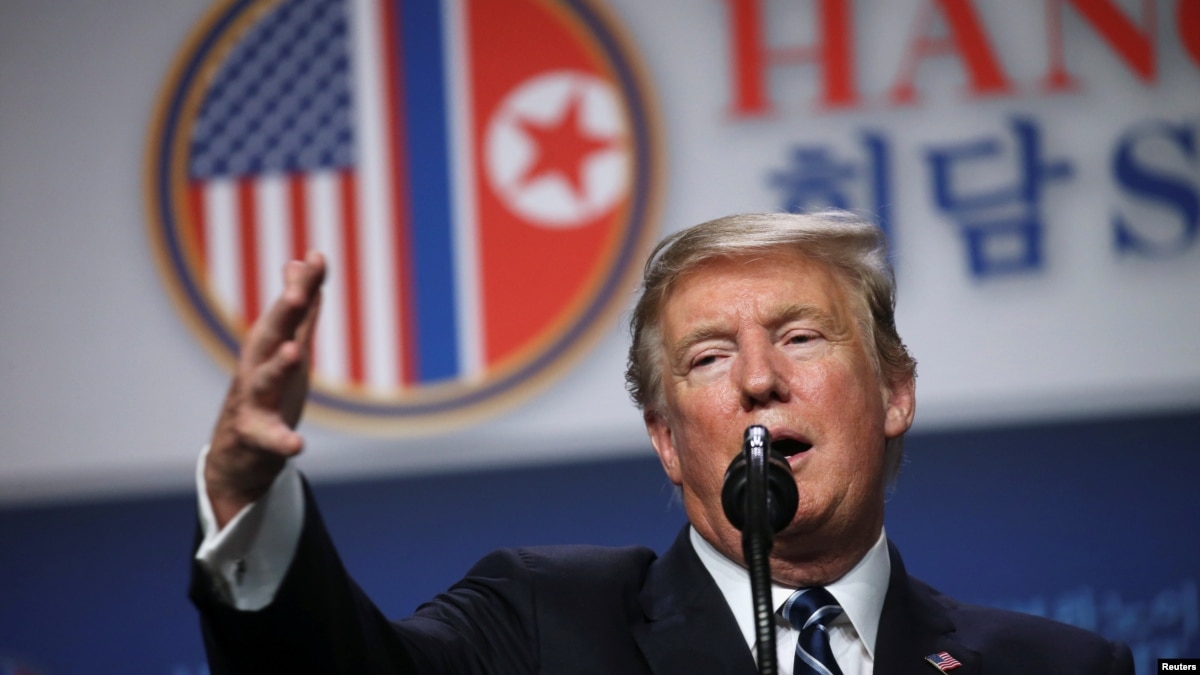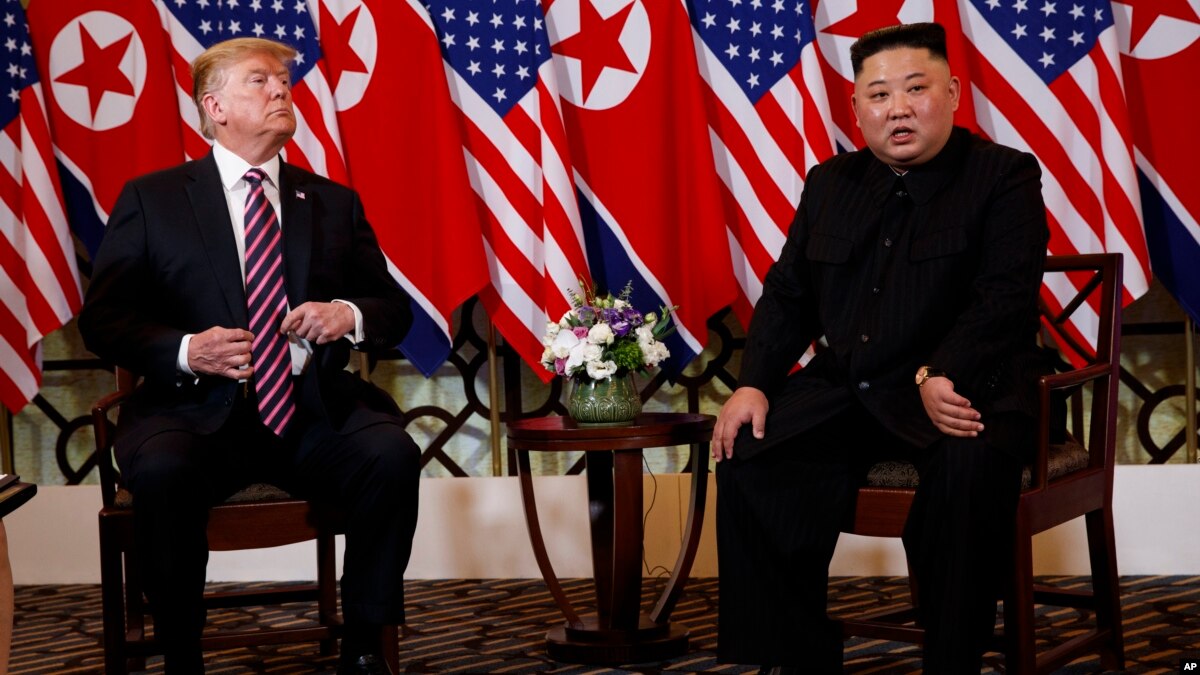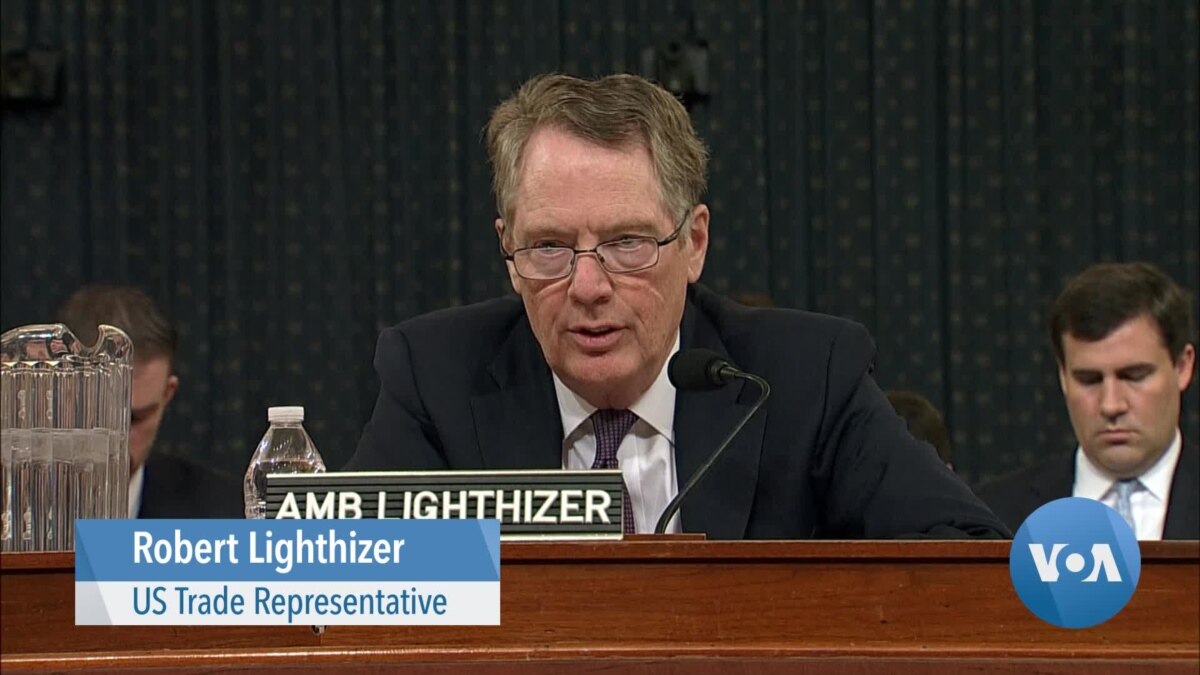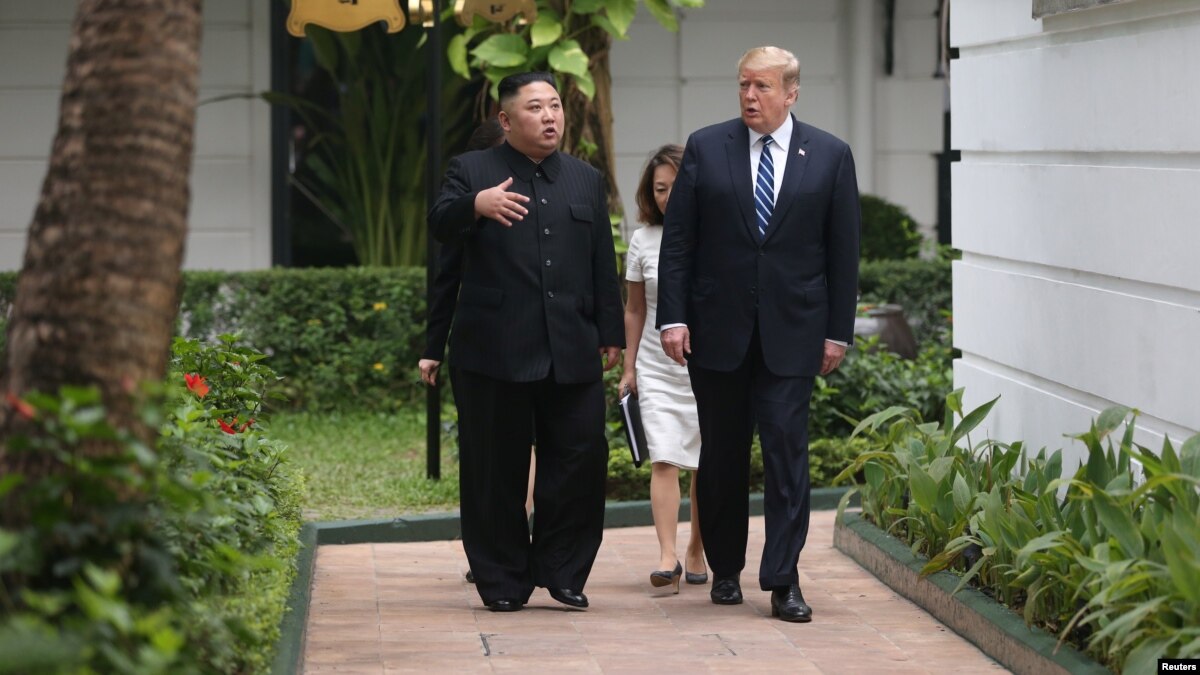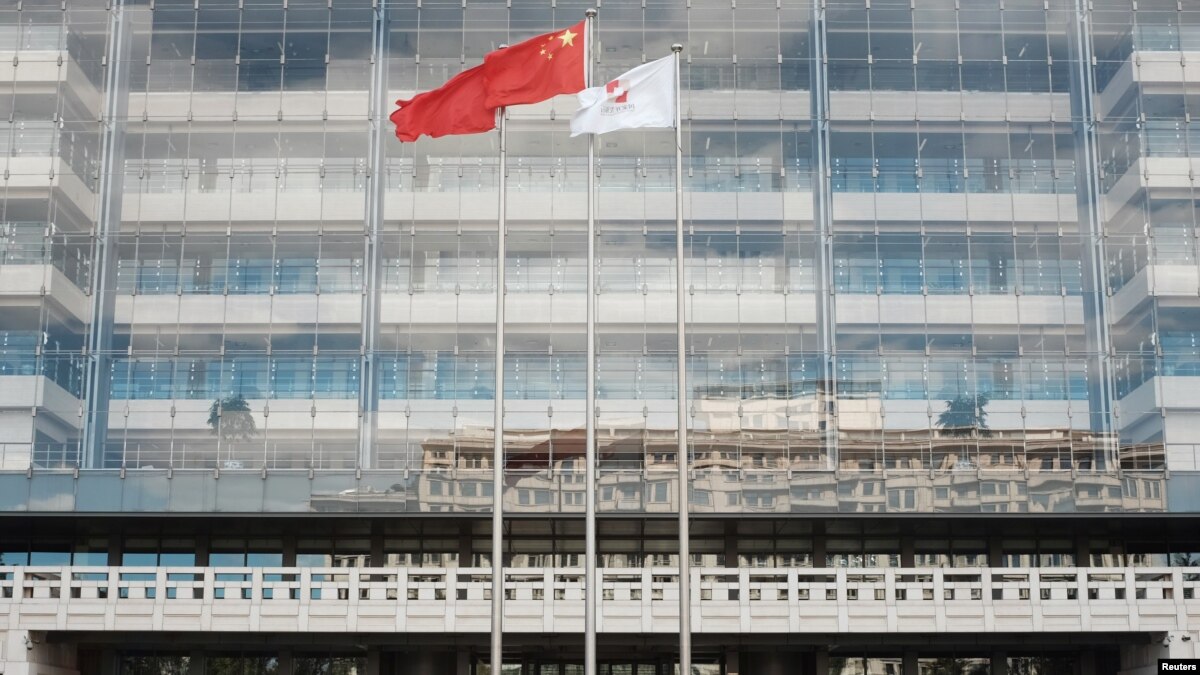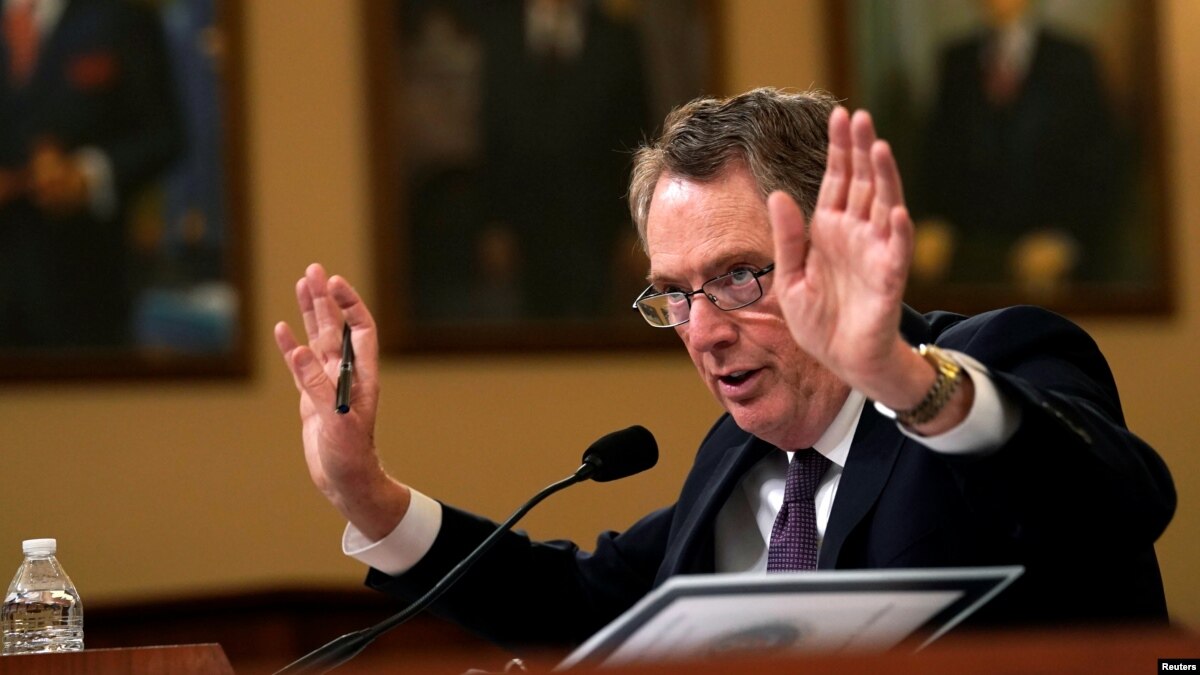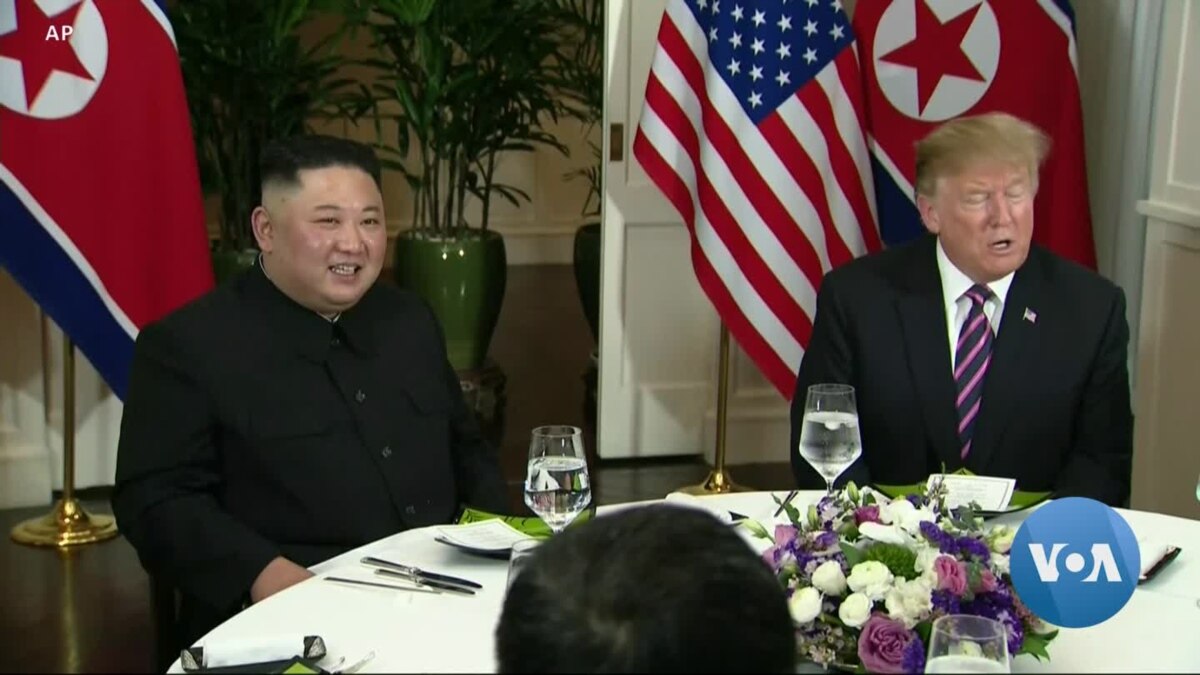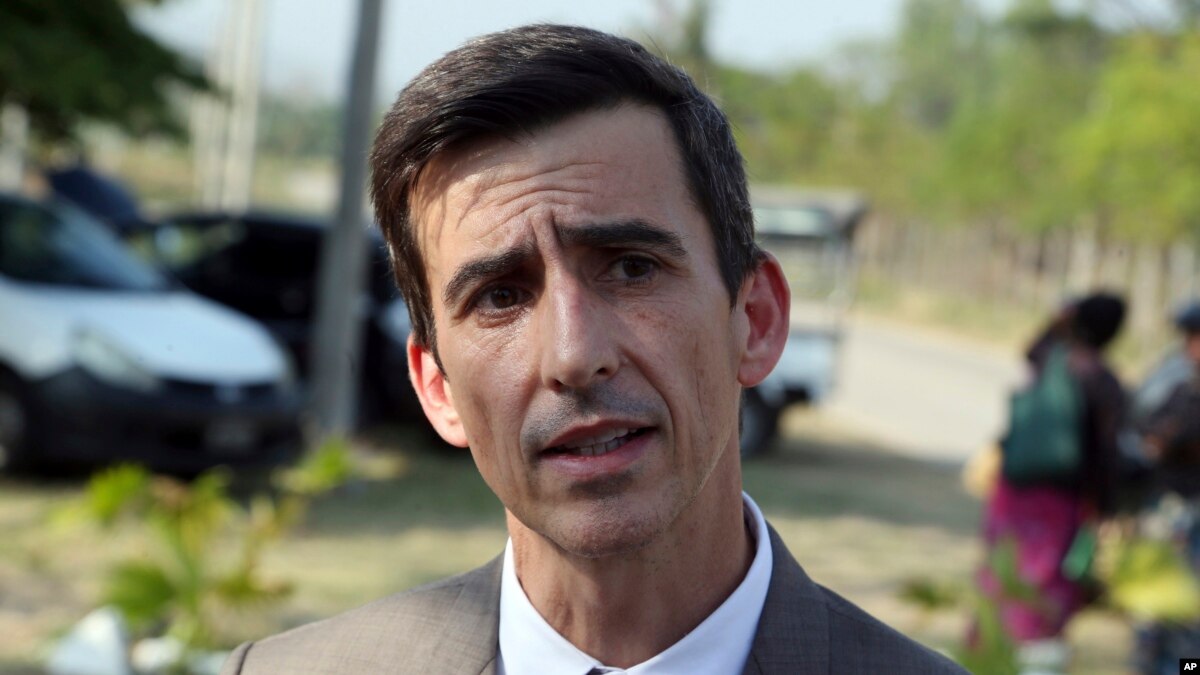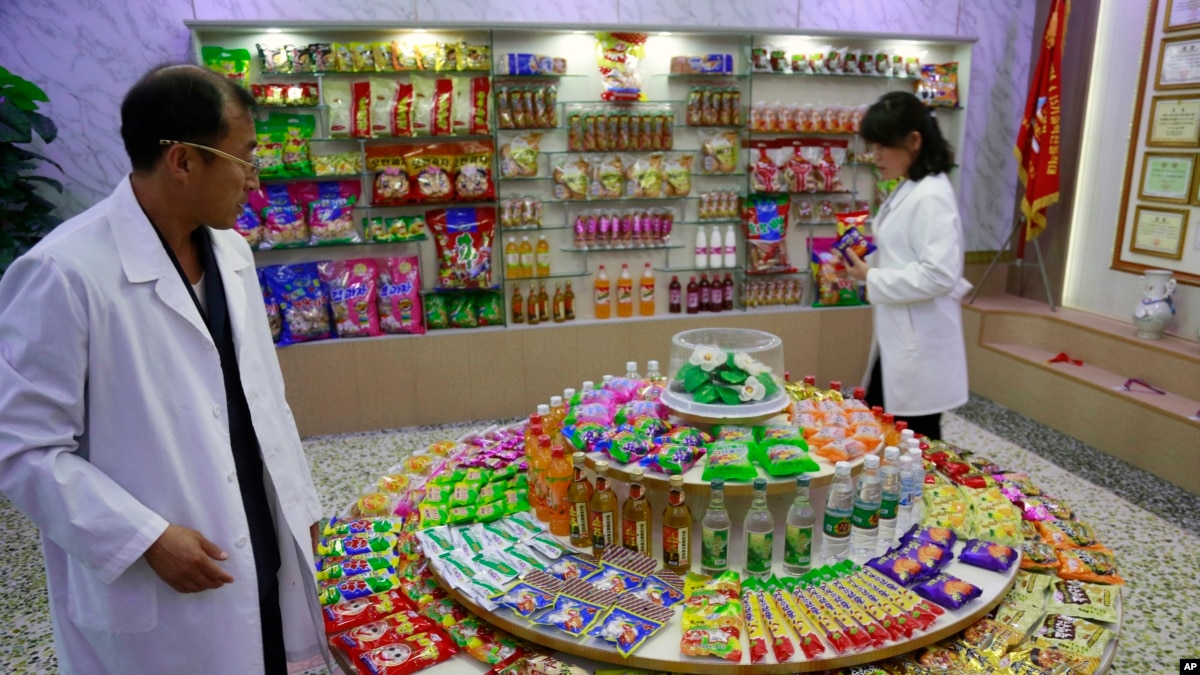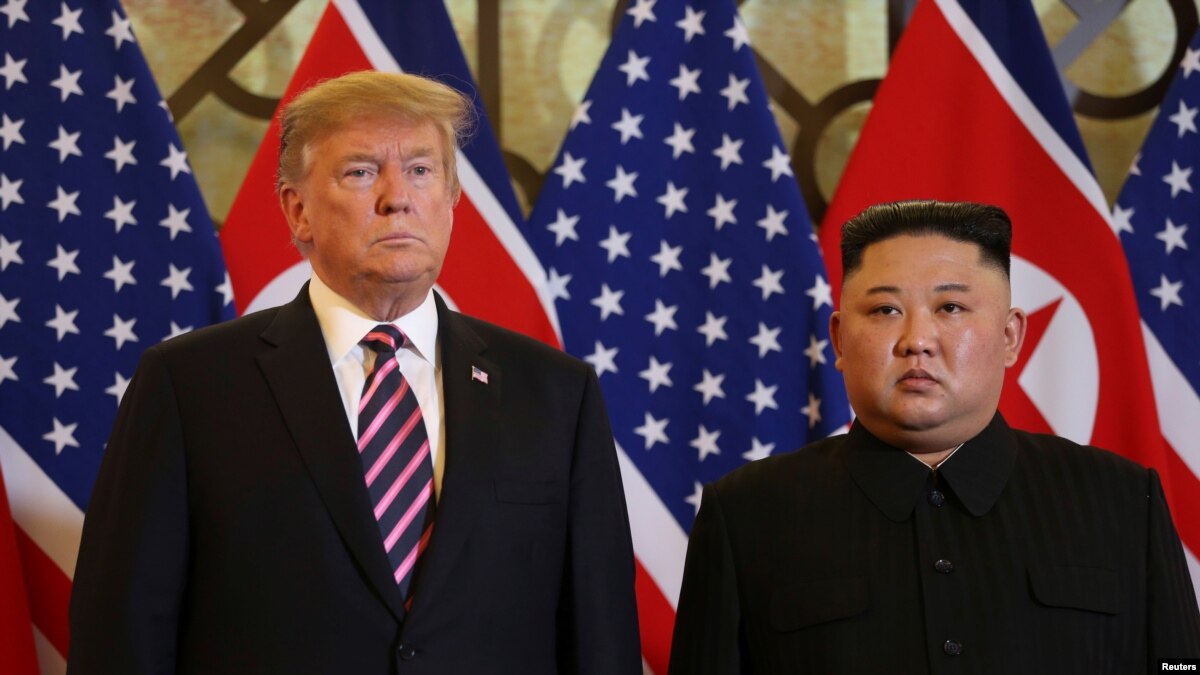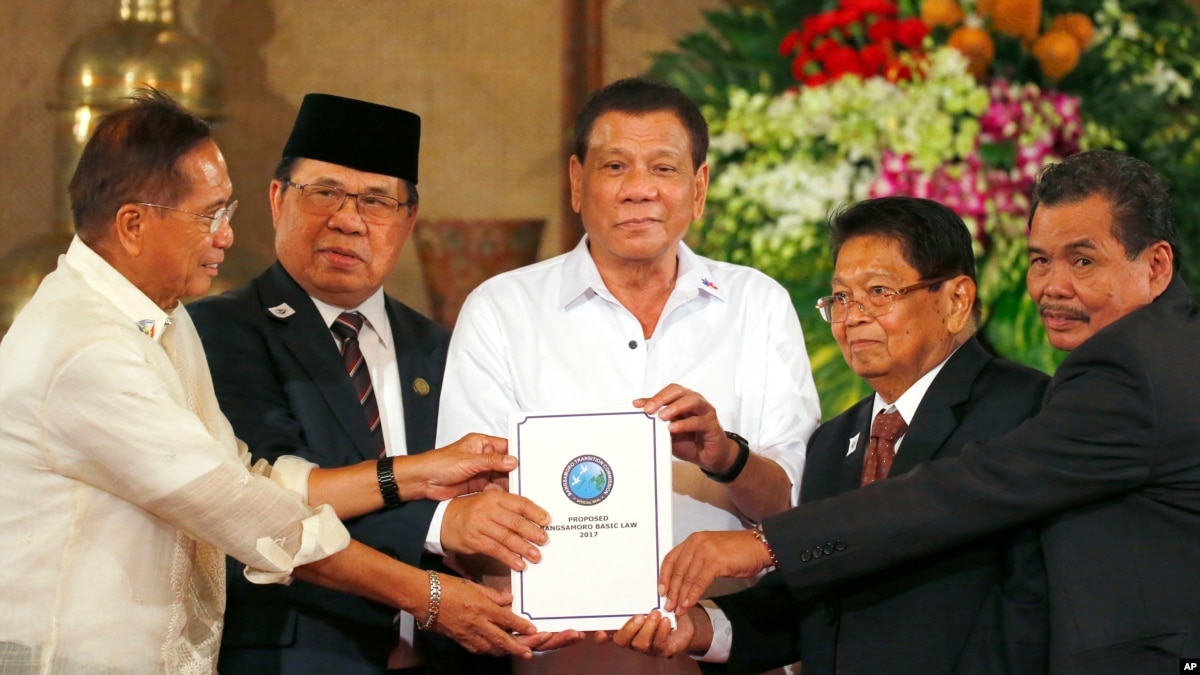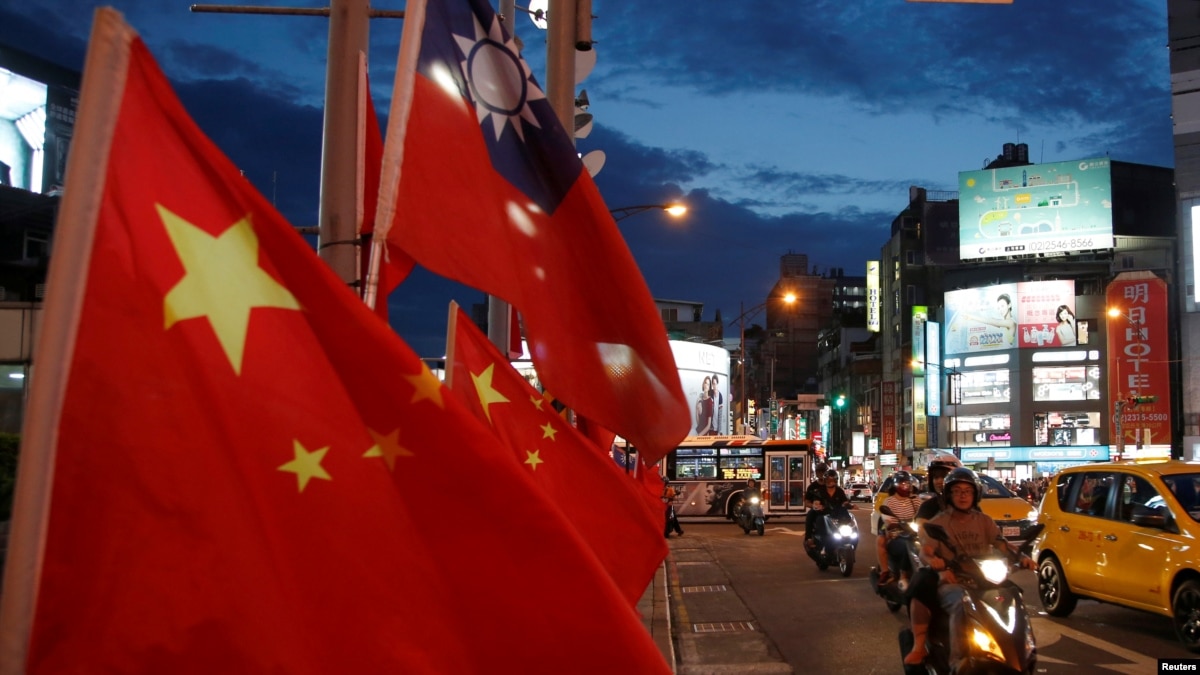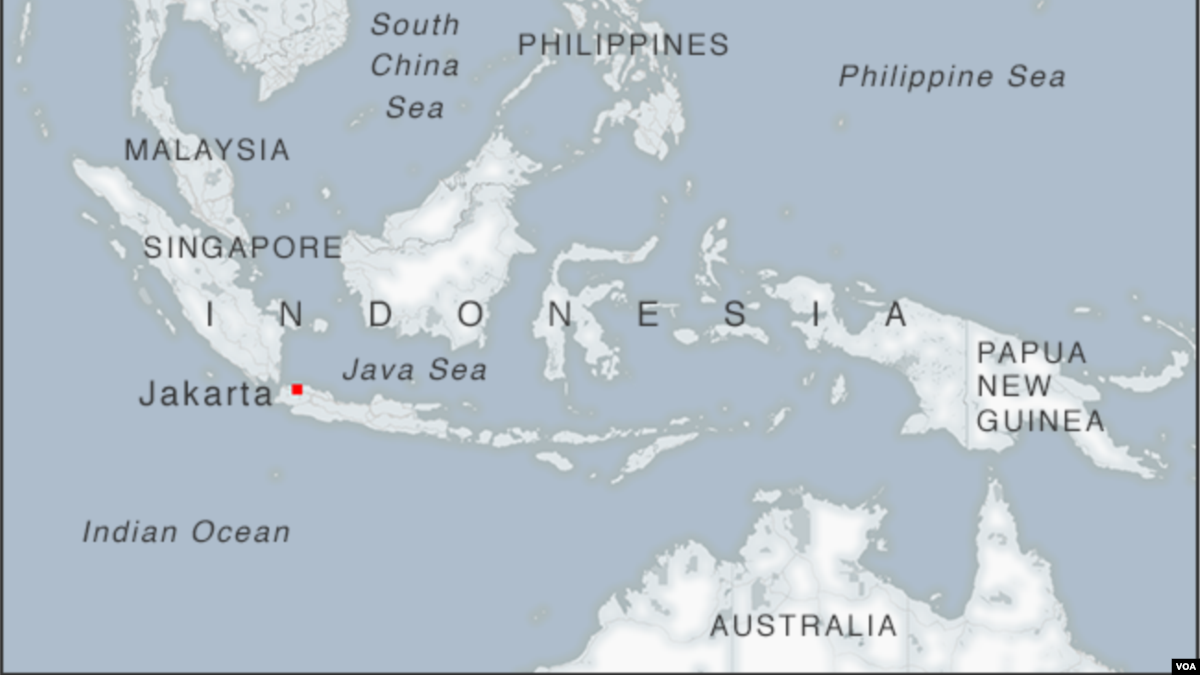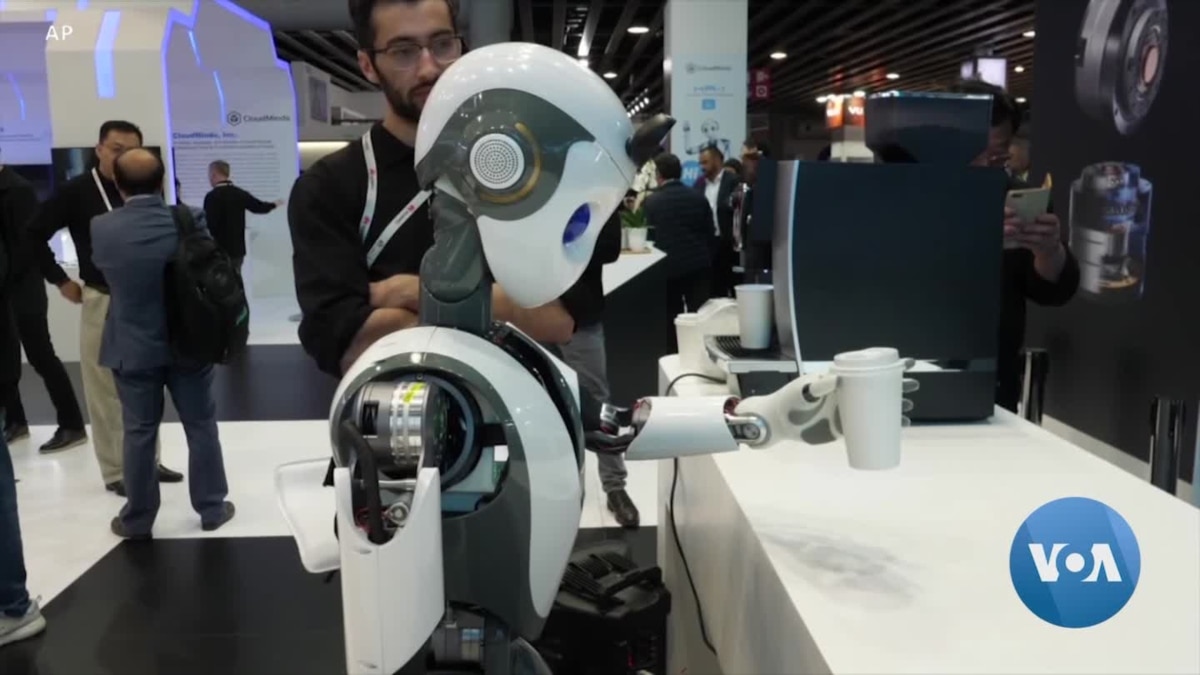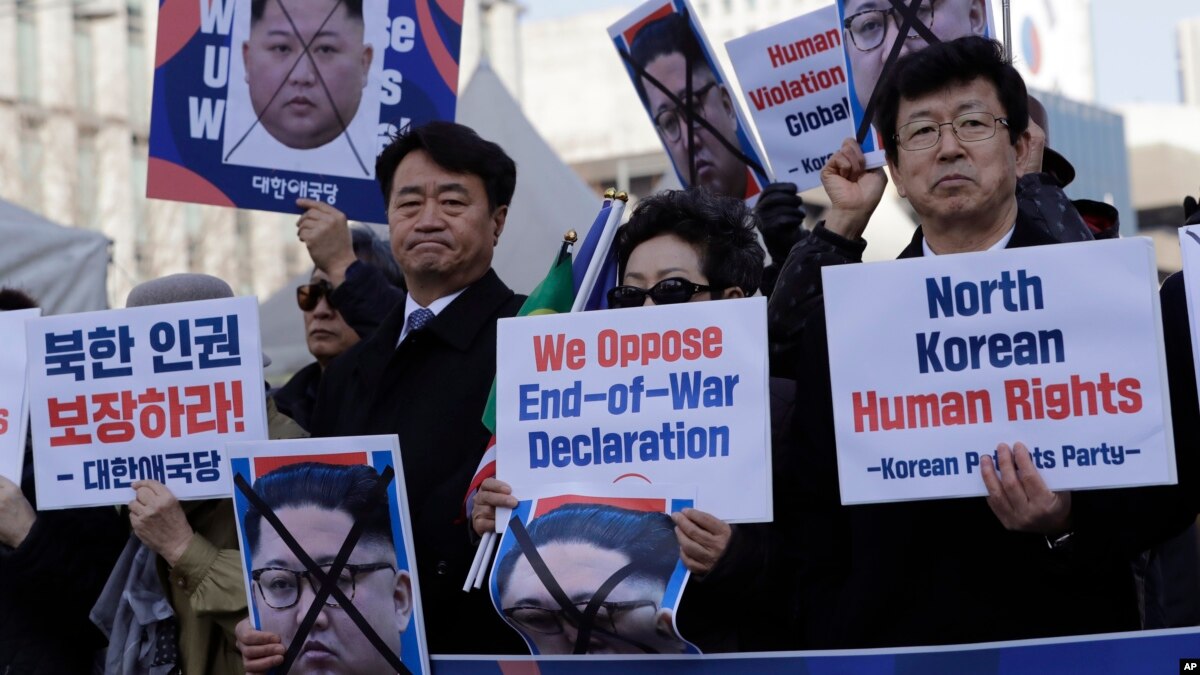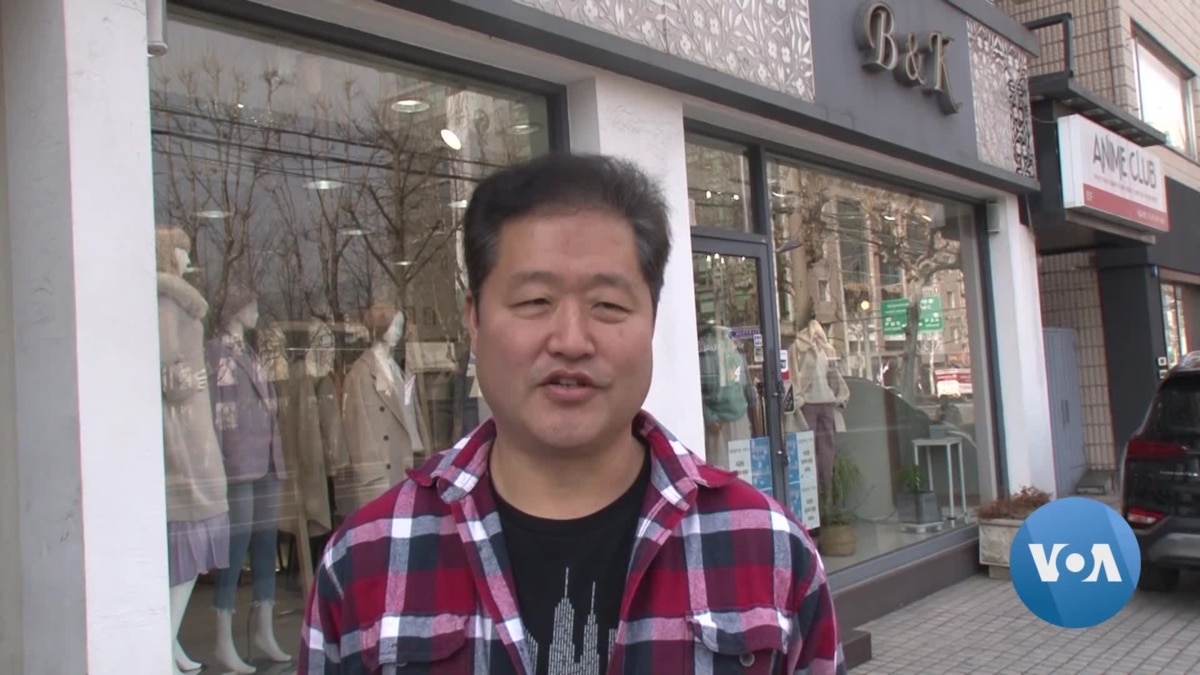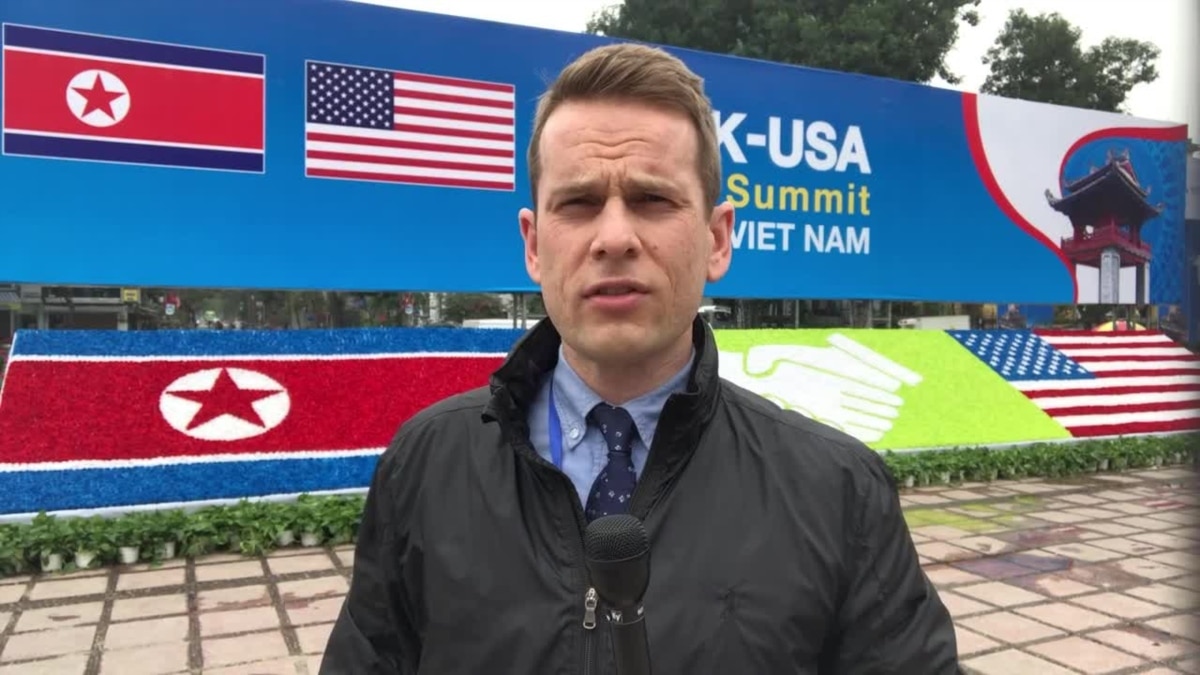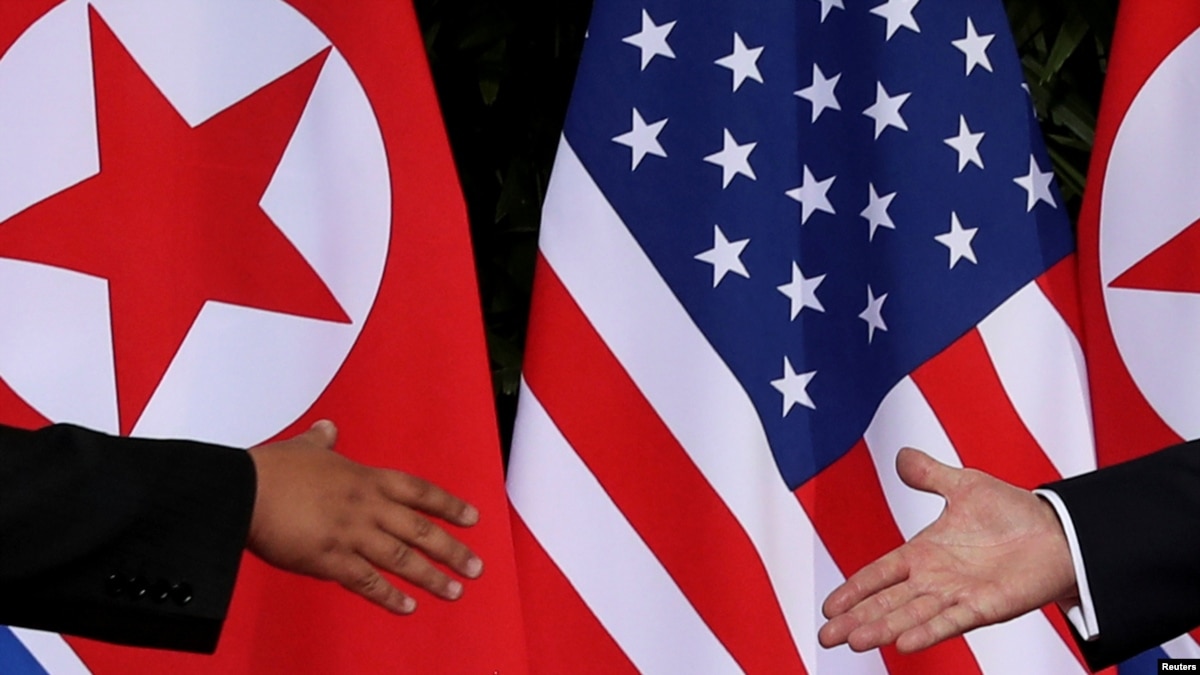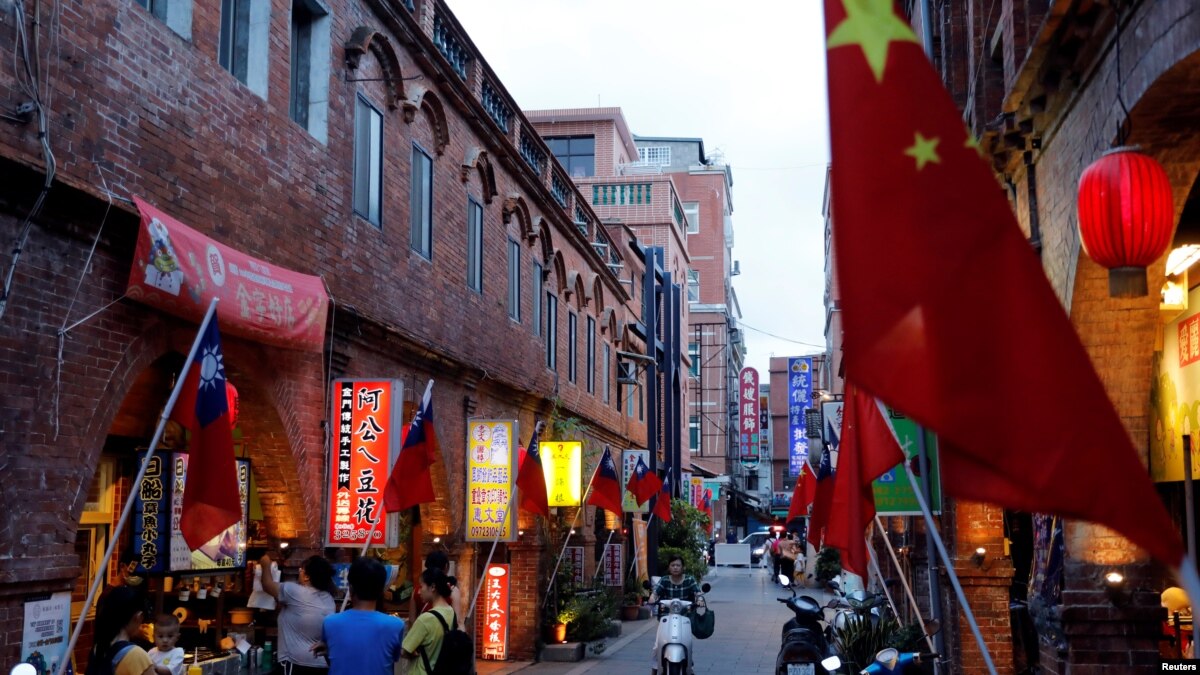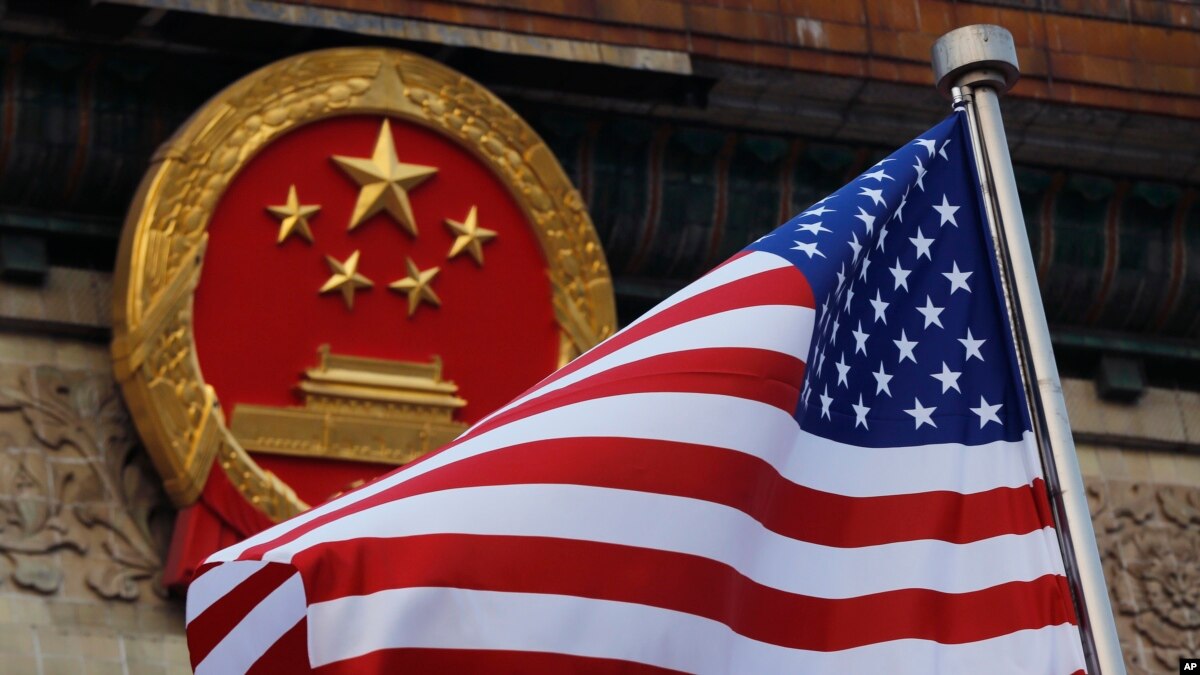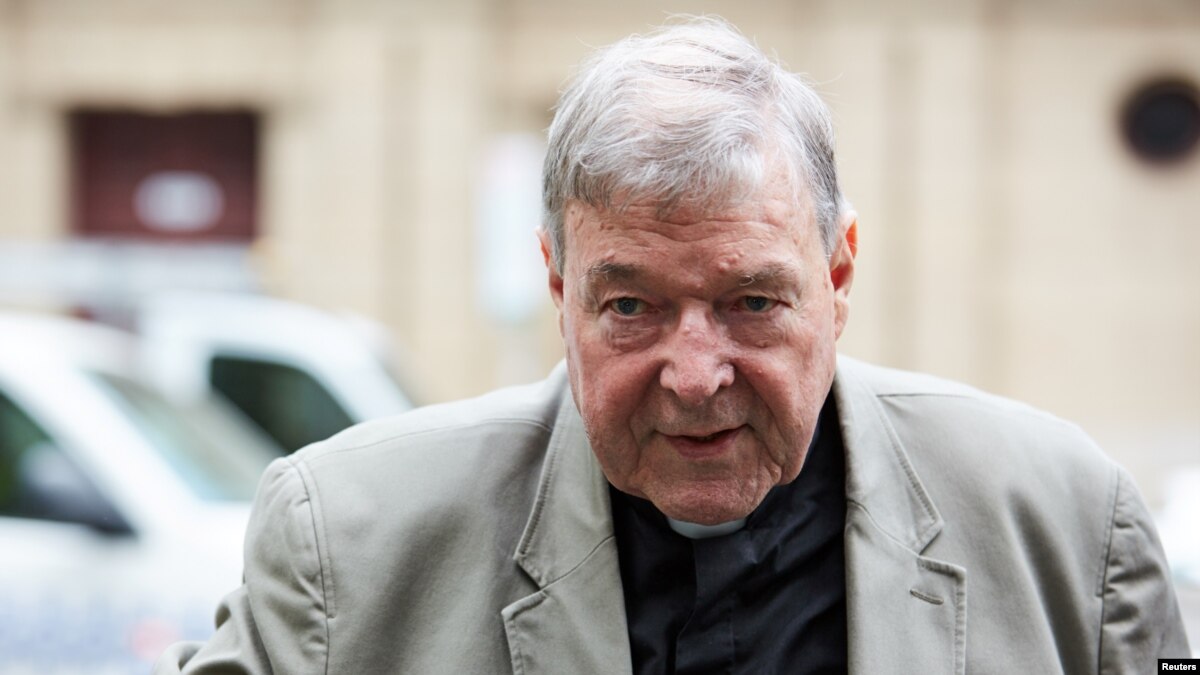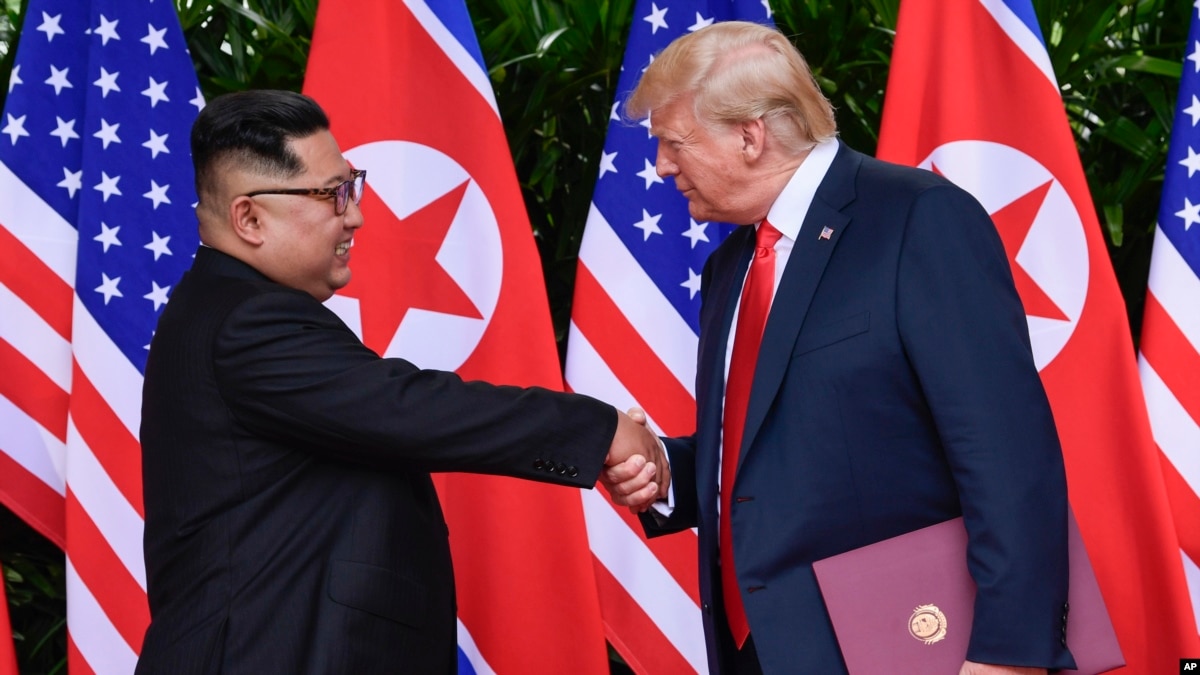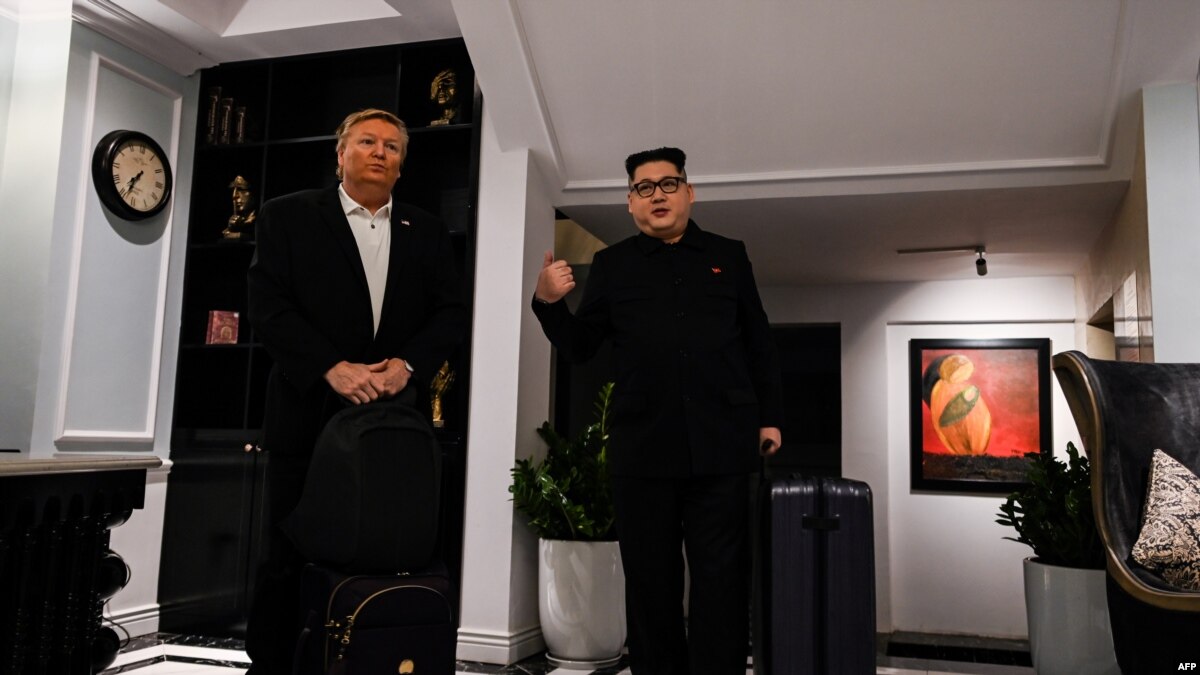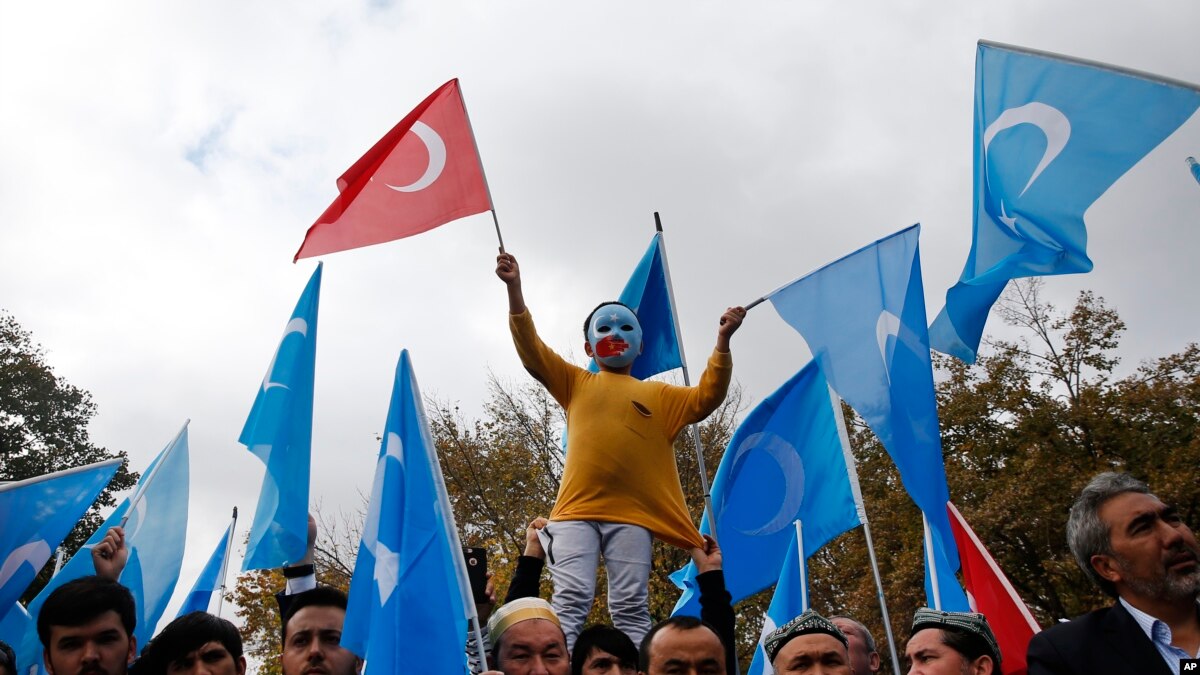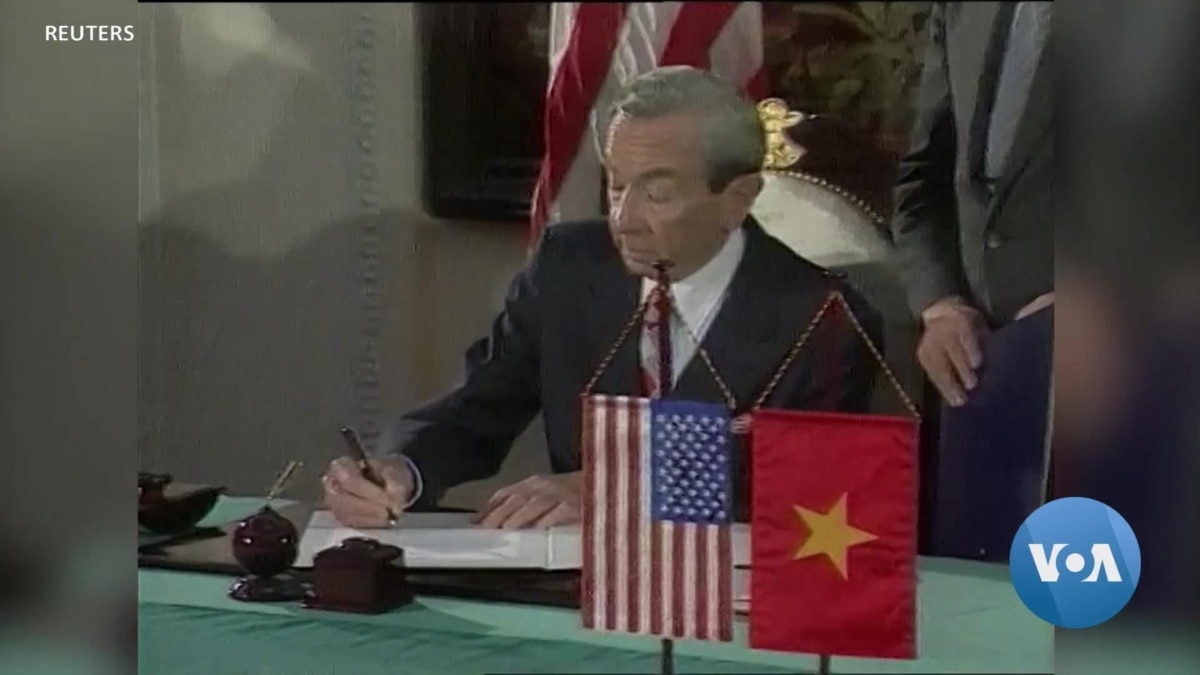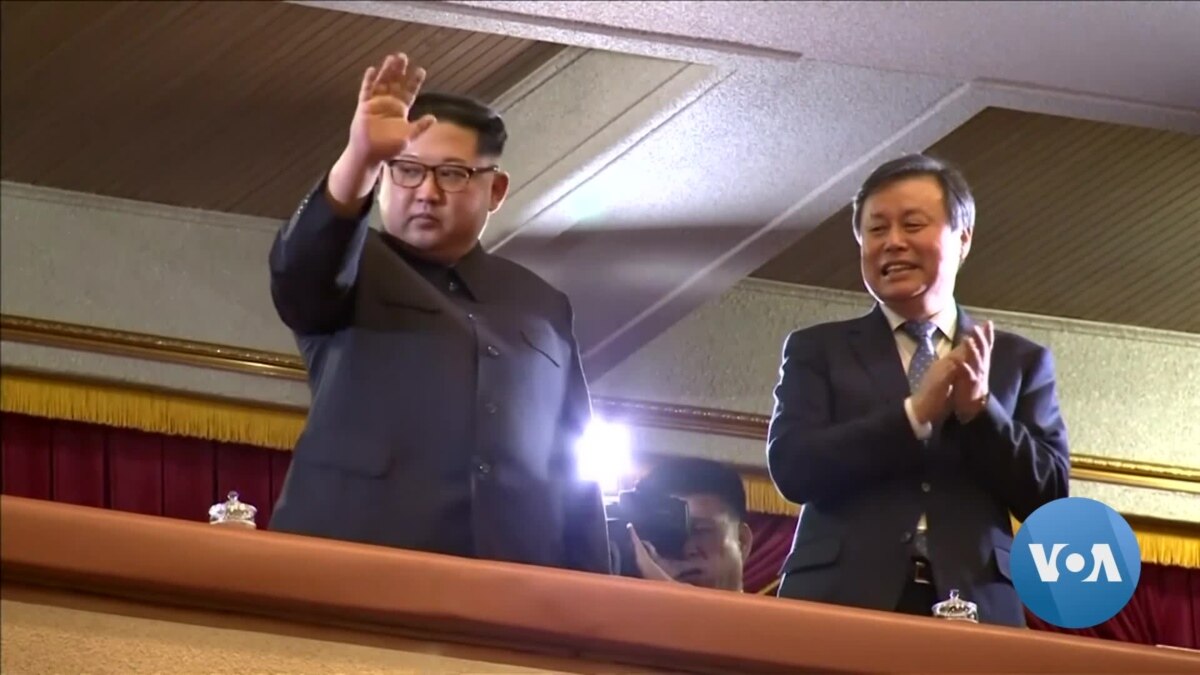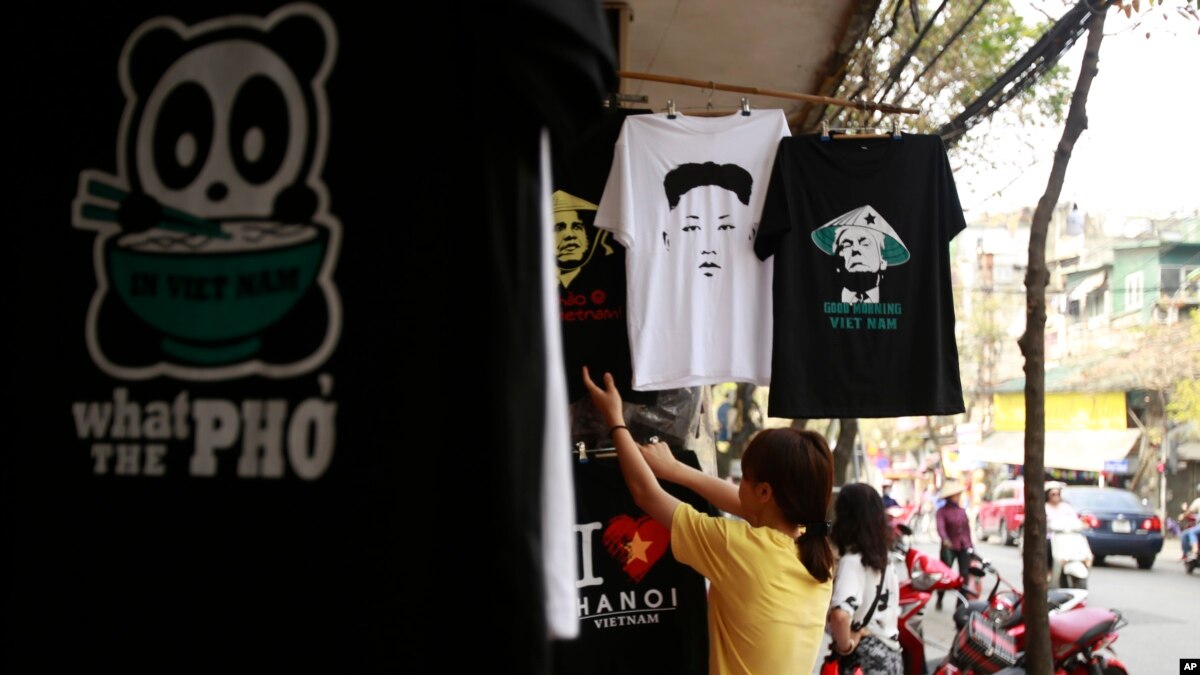HANOI, VIETNAM —
President Donald Trump’s message to North Korean leader Kim Jong Un has been simple and clear: give up your nuclear weapons and a flood of wealth will soon be yours for the taking.
But here’s a nagging question: Is that really what Kim wants?
With Trump and Kim descending on Hanoi for their second summit , there has been a persistent suggestion that Kim will look around at the relative prosperity of his Vietnamese hosts — who are certainly no strangers to U.S. hostility — and think that he, too, should open up his country to more foreign investment and trade.
Trump himself has been the primary cheerleader.
On Wednesday morning he tweeted: “Vietnam is thriving like few places on earth. North Korea would be the same, and very quickly, if it would denuclearize. The potential is AWESOME, a great opportunity, like almost none other in history, for my friend Kim Jong Un. We will know fairly soon - Very Interesting!”
For sure, North Korea could have a brighter future.
“Using the words ‘great economic power’ is a Trumpian exaggeration, but a useful one,” said William Brown, a North Korea economy expert and former CIA analyst. “The truth is North Korea quite easily could become a prosperous country, growing faster than any of its neighbors and catching up with them in terms of income per capita. It has what it takes.”
Brown cited North Korea’s strong human capital, low wages and high levels of verbal and math literacy. He also noted it has a potential bonanza of natural resources such as lead, zinc, rare earths, coal, iron ore and hydropower. He agreed with Trump about location — saying North Korea sits “between four big economies that are far richer but increasingly moribund.”
But girding against a foreign threat is a time-tested justification for giving a leader extraordinary powers and limiting individual freedoms, like travel and expression. Opening up to foreign capital and bringing his country in line with international financial standards means giving up a great deal of control.
Control, for Kim, is the most important commodity of all.
While his country is far more dynamic than many outside observers realize, opening up in the pursuit of wealth is for Kim an extremely dangerous proposition. It seems clear he wants to revitalize the economy, but it is anything but apparent he’s ready or even interested in opening up any more than he needs to in order to achieve that narrow goal.
As Kim arrived in Hanoi, back in Pyongyang the ruling party’s daily newspaper, Rodong Sinmun, printed a commentary vowing the nation will stay the course the Kim family has set for the past three generations.
“The revolutionary cause of juche (self-reliance) and the cause of socialism are sure to triumph” under the guidance of the party and the people “who remain faithful to the cause of the party with indomitable mental power,” it said.
Kim’s primary objectives have focused on the development of infrastructure projects, building up the tourism industry and strengthening government regulation of the country’s expanding market-style economy.
“The statements from Trump at North Korea as the next economic powerhouse seem to assume that were the nuclear weapons out of the picture, North Korea would immediately open its doors and society to anyone wanting to come in and invest,” said Benjamin Katzeff Silberstein, a fellow at the Henry L. Stimson Center and editor of North Korea Economy Watch. “But the regime will want to maintain the main facets of social control.”
Silberstein said the government isn’t likely to let foreign businesspeople roam freely around the country anytime soon. He added that Kim has focused on promoting special economic zones because they have the potential for high growth while remaining isolated “walled gardens.”
In the immediate future, Kim’s goals are pragmatic.
He is seeking to get in front of the grassroots market forces that are growing all around him and undercut support for trade sanctions that are limiting his options and drying up government coffers.
His government is especially interested in moving ahead on projects with South Korea, including the re-opening of a tourist resort at Mount Kumgang and an industrial center near the city of Kaesong that were both built with massive funding from the South. North Korea is also hurting badly from its inability to export its minerals and coal.
Having nuclear weapons is what got him to the point where he could meet directly with a U.S. president. So he would be foolish to throw that away without a significant reward. On the other hand, if he goes deep down the capitalist path, like South Korea, Kim could risk undermining his regime’s own legitimacy.
The story of Vietnam, north and south, is in that sense a cautionary tale. The economic reforms and growth of today’s Vietnam only came after unification. For North Korea, the South represents a rival that not only still exists, but is richer and its people are allowed far greater individual freedoms.
Silberstein believes that is not an insurmountable fear for Kim.
“Market reforms are already happening and have been for quite some time, it’s just that Kim Jong Un never formally announced an overhaul of the system,” he said, adding that under Kim, market trade has been allowed to expand, and has even been encouraged by the state to do so. Enterprises have received unprecedented freedom to plan their own production and dispose of a large share of their profits themselves.
“The same has happened in agriculture, and from what we know, the results have been successful,” he said. “I strongly believe that Kim wants to take this process of liberalization further, though it will likely never be called ‘reforms,’ only ‘improvements.’”
“The tricky part is how to balance letting loose on some of the strict social control, such as opening up space for private investments both from abroad and from the general public, changing the governance of private property, massively upgrading communications infrastructure and the like, with still keeping information about the outside world away or at least regulated.”
Silberstein suggested that if given a choice between social controls or economic reforms, Kim will choose control.
“Whatever might happen, they’ll proceed cautiously,” he said.
Let's block ads! (Why?)
Read More Could Kim Jong Un Survive Prosperity : https://ift.tt/2EAwexr
